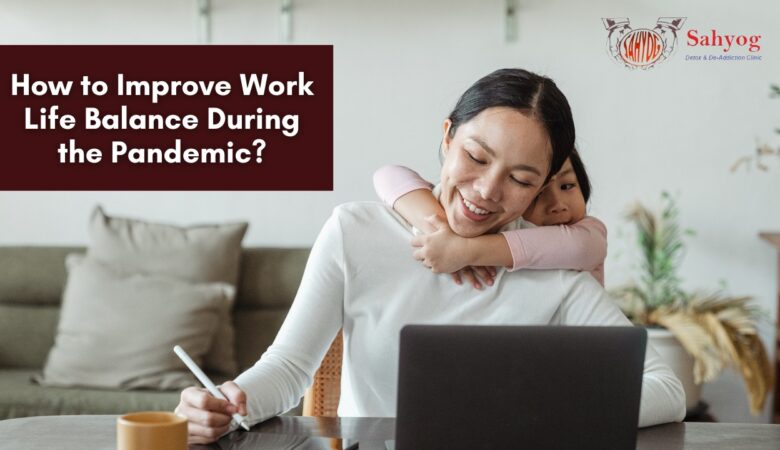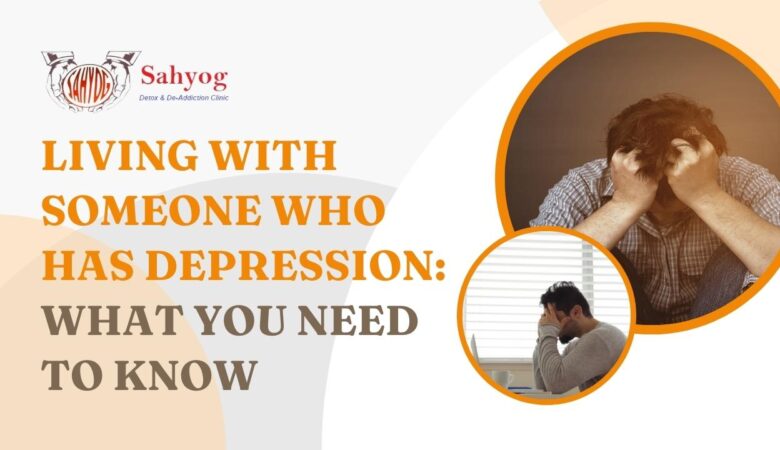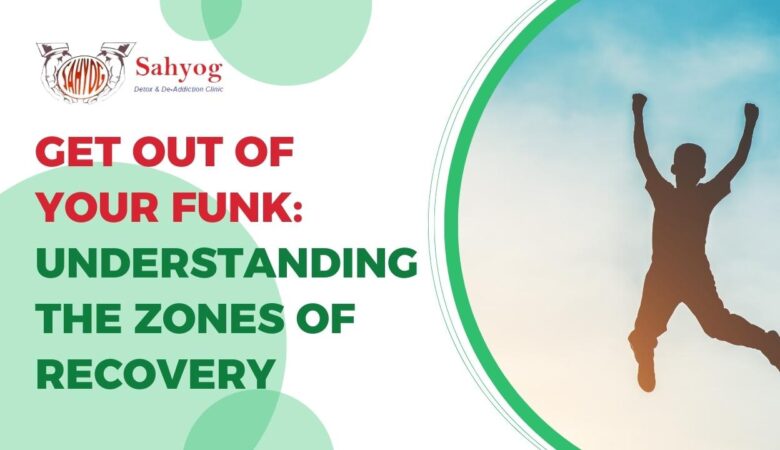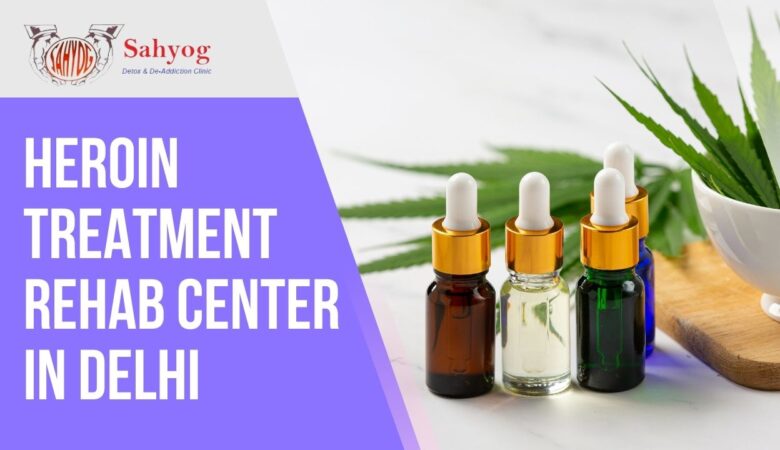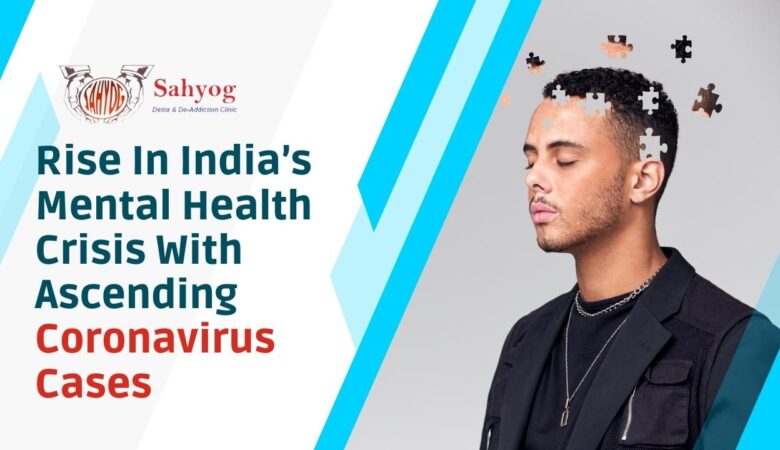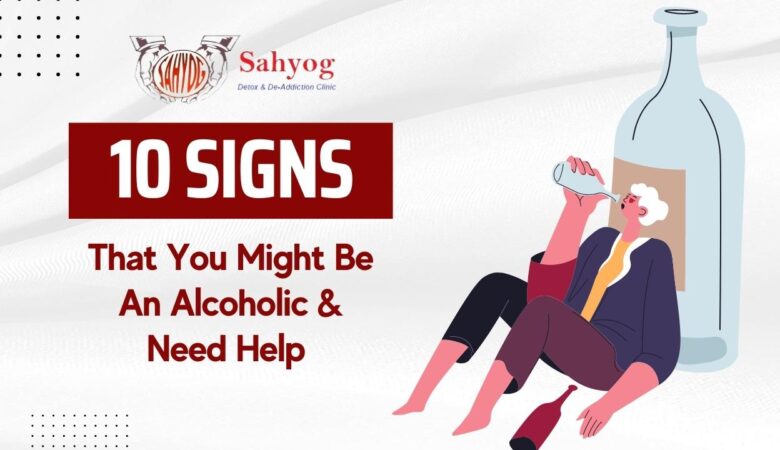How to Improve Work Life Balance During the Pandemic?
COVID-19 has forced people to change the way they work. Many people are now working from home, which has its own set of challenges. If you’re struggling to find a good work life balance, you’re not alone. Check out this article for some tips on how to improve your work life balance during the pandemic. Working from home The pandemic has forced many of us to work from home, and while this can be a great perk, it can also be a challenge to maintain a healthy work/life balance. Here are a few tips to help you stay sane and productive while working from home: Set boundaries with your family and housemates. Let them know when you are working and when you are available to socialize. This will help avoid interruptions and distractions. Create a dedicated workspace. If possible, find a room or area in your home that can be used as your office. This will help you get into the right mindset for work mode. Take breaks. Just because you’re at home doesn’t mean you have to work all the time. Make sure to take breaks to move around, relax, and rejuvenate. This will help you stay fresh and focused throughout the day. Set realistic goals. Don’t try to accomplish too much in one day. Set realistic goals for what you can reasonably achieve given the other demands on your time. Connect with colleagues. Social interaction is important, even if it’s just virtually! Schedule regular check-ins with your team. Setting clear boundaries for work life balance We have been forced to reevaluate our priorities and work habits since the pandemic hit. For some, this has meant making changes to their work life balance in order to better manage their time and energy. If you’re looking to improve your work life balance during the pandemic, here are a few tips: Set clear boundaries between work and home. When you’re working from home, it can be easy to let work bleed into your personal life. Make sure to set boundaries between your workspace and your living space, so you can mentally and emotionally disconnect from work when you need to. Don’t be afraid to say no. With so many demands on our time, it’s important to learn to say no to things that aren’t a priority. This will help you focus on the things that are most important to you, both at work and at home. Make time for yourself. In addition to setting boundaries between work and home, make sure to schedule some time for yourself every day. This can be used for anything from taking a walk or reading a book, but it’s important to have some time that is just for you. Communicate Scheduling breaks and vacation days When you’re working from home, it can be easy to forget to take breaks or schedule vacation days. However, it’s important to maintain a healthy work life balance, especially during the pandemic. Here are a few tips for scheduling breaks and vacation days: Set aside time each day for breaks. Whether it’s a 10-minute break to grab a snack or a 30-minute break to take a walk, make sure you’re taking some time for yourself every day. Schedule vacation days in advance. This will help you make sure you’re taking enough time off and not overworking yourself. Use your vacation days wisely. If possible, try to take some time off during the week so you can relax and recharge without having to work on weekends. Don’t forget about mental health days. In addition to physical breaks, it’s important to take mental health days as well. If you’re feeling overwhelmed or burnt out, take a day (or even just a half-day) to relax and rejuvenate. Staying connected with colleagues Many of us have reevaluated our priorities and how we spend our time following the pandemic. For some, this has meant working from home and trying to maintain a healthy work life balance. It can be difficult to stay connected with colleagues when you’re not in the same physical space, but there are a few things you can do to make it work. Here are a few tips for staying connected with your colleagues during the pandemic: 1. Make use of technology There are a number of ways to stay in touch with your colleagues without being in the same room. Utilize video conferencing platforms like Zoom or Google Hangouts to have virtual meetings, catch up on projects, or just chat face-to-face. You can also use messaging apps like Slack or WhatsApp to stay in touch throughout the day. 2. Set up regular check-ins If you’re working from home, it can be easy to get lost in your own world and forget about the people you work with. To avoid this, set up regular check-ins with your colleagues. This can be a weekly meeting to catch up on projects or just a quick chat over coffee. Avoiding burnout & maintain work life balance The COVID-19 pandemic has upended our lives in countless ways, and one of the most significant challenges we’re facing is how to maintain a healthy work life balance. With so many of us now working from home, it can be difficult to create boundaries between our professional and personal lives. Here are some tips to help you avoid burnout and improve your work life balance during these unprecedented times. Set regular hours for work and stick to them. Make sure you take breaks throughout the day, even if they’re just a few minutes long. Get up and move around frequently, or take a short walk outside if possible. Schedule time for yourself each day, even if it’s just a few minutes, to do something you enjoy that isn’t work-related. Stay connected with friends and family, either in person or virtually, to socialize and de-stress. Seek professional help if you’re struggling to cope with stress or anxiety related to the pandemic. Conclusion The pandemic has forced many of us
